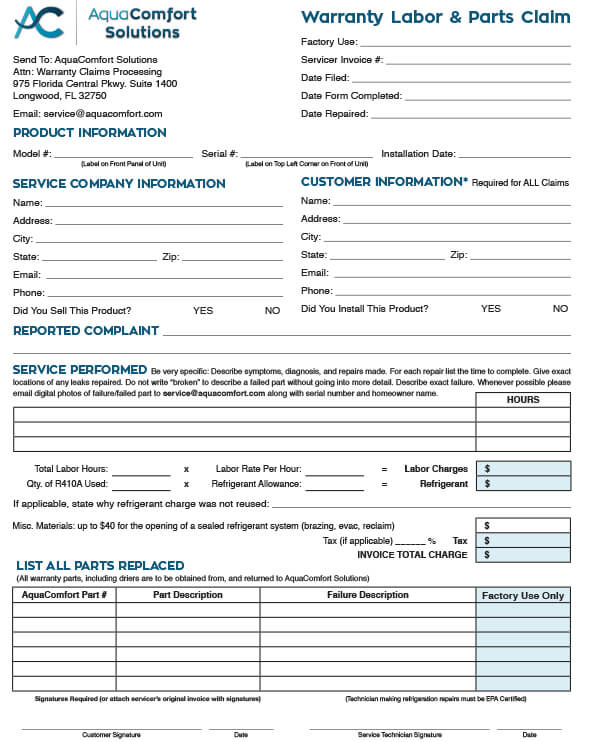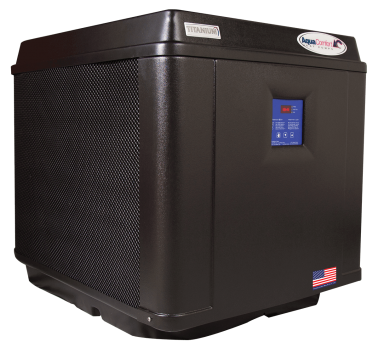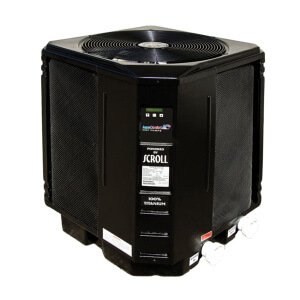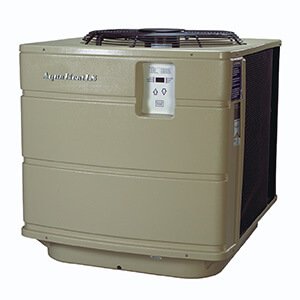What Are DIY Chlorine Generators?
Are DIY Chlorine Generators Used in Above Ground Pools?
 Yes! Chlorine generators like the Saltron Retro are incredibly efficient at sanitizing pool water in above ground pools, and in some cases, even small inground pools, up to 20,000 gallons.
Yes! Chlorine generators like the Saltron Retro are incredibly efficient at sanitizing pool water in above ground pools, and in some cases, even small inground pools, up to 20,000 gallons.Can a Freshwater Pool Use a DIY Chlorine Generator?
If a pool contains freshwater, pool owners can easily make the switch to saltwater with a DIY chlorine generator. But it means changing the maintenance routine a bit and forgoing the use of traditional chlorine, as the salt will produce its own.How to Convert to a Saltwater Pool with a Chlorine Generator
If a pool owner is planning on making the switch to a saltwater pool using a chlorine generator, there are a few key things to keep in mind. First, it’s important to remember that if the pool is currently filled with water that the chemicals evaporate before salt can be added to the sanitizing routine. Scrubbed the pool clean with a pole brush to remove any stubborn dirt or debris that might be clinging to the walls or floor. Then vacuum the floor and walls for a fresh start. Next, it’s time to add salt to the pool. The amount of salt needed will depend on the size of the pool. As a general rule of thumb, pool owners can expect to need between 200 and 400 pounds of salt for every 2,500 gallons of water. Once the salt has been added, the chlorine generator can be installed.Additional Chemical Balancing for a Saltwater Pool
 While saltwater pool systems are usually easier to maintain than other counterparts, there are still a few things that pool owners need to keep an eye on. pH levels, for instance, should be tested and balanced regularly, as high or low pH levels can cause the salt chlorinator to work less effectively. Alkalinity levels also need to be monitored, as this can impact the pool’s pH levels. In general, pool experts recommend that alkalinity levels in a saltwater pool should be kept between 80 and 120 ppm. Proper filtration is also important in saltwater pools, as it helps to remove any impurities that might be in the water. Pool owners should aim to run their filtration system for at least six hours a day to ensure that the pool water is being properly cleaned.
While saltwater pool systems are usually easier to maintain than other counterparts, there are still a few things that pool owners need to keep an eye on. pH levels, for instance, should be tested and balanced regularly, as high or low pH levels can cause the salt chlorinator to work less effectively. Alkalinity levels also need to be monitored, as this can impact the pool’s pH levels. In general, pool experts recommend that alkalinity levels in a saltwater pool should be kept between 80 and 120 ppm. Proper filtration is also important in saltwater pools, as it helps to remove any impurities that might be in the water. Pool owners should aim to run their filtration system for at least six hours a day to ensure that the pool water is being properly cleaned.










Follow Us